Mixing in more zone could help solve Kentucky's defensive issues
The last time Kentucky rolled out a defensive unit as poorly-ranked as this season’s squad, the Wildcats were on a collision course to lose in the first round of the NIT to Robert Morris. That was 10 years ago now back in the 2012-13 season, the worst non-COVID stretch of the John Calipari era. That group finished 88th in the country in adjusted defensive efficiency, per KenPom. This year’s team (16-8; 7-4 SEC) is only slightly better at 85th.
Much has been made of Kentucky’s inability to properly defend ballscreens this year, with reigning national player of the year Oscar Tshiebwe constantly being called out by name in postgame press conferences as the reason why opposing teams attack the ‘Cats in that area. It’s becoming an every-game theme at this point: Tshiebwe gets run to death in the pick-and-roll then the opposing head coach identifies that as the predetermined gameplan.
In Kentucky’s most recent loss to Arkansas on Tuesday, that recurring theme stole the show once again, ultimately playing a significant role in the Wildcats’ giving up 88 points — the second-most allowed all season.
“Defensively we weren’t good,” Kentucky senior forward Jacob Toppin told reporters on Friday. “We just gotta be better defensively in our ballscreen coverage and just as a team stay connected on the defensive end and that’s when we’ll start winning games.
“We’ve gotten better (in defending ballscreens), then against Arkansas we took a step back. But we’re trying different things to figure out what we’re best at. So it’s just gonna take time and time is running out so we gotta figure that out and I think we’re starting to figure things out. We’ll see how it goes against Georgia.”
Toppin added that part of defending ballscreens is mental, much like most of the game of basketball has proven to be. In Tshiebwe’s case, it can’t be comforting knowing that opponents are honing in on your deficiencies and exploiting them possession after possession. That can surely impact a player on the offensive end too — Tshiebwe almost has to be perfect on offense if his defense is an issue.
But at the same time, insanity is doing the same thing over and over again while expecting different results. With just seven games left in the regular season, it’s hard to believe any wholesale changes will come on the defensive end or with Tshiebwe’s individual defense. But Kentucky still has to find ways to cover up those issues, or at least make them less obvious.
To borrow a line of thinking from former Louisville head coach Chris Mack (I know, I know, but let’s hear him out), Kentucky might need to mix in some zone defense just to give the other team a different — ideally more confusing — look.
“So it’s like, OK, (Eric) Musselman wants to come down the floor every single time and pick on Tshiebwe in a ball screen situation. Oh, shoot, he can’t on this possession because we’re in zone,” Mack recently said on The Field of 68 After Dark. “Then maybe the next possession we’re in man. You can go misses, you can go makes, maybe coming out of a timeout? If you were man for the last three possessions, now you go zone for a couple of possessions. You may tell your team, ‘Hey, we’re gonna go zone for a couple of possessions until they score.’
“You’re just constantly throwing curveballs so for that coach that just wants to pick on you, he can’t really do it over and over because he’s going against a different look each and every time.”
Calipari tossed out a zone defense for a couple of possessions against Arkansas, but neither yielded positive results for Kentucky, and he went right back to a man-to-man the rest of the way. But he did admit after the loss to Arkansas that he liked what he saw from the zone look (Kentucky actually stopped Arkansas the first time going to zone, but gave up an offensive rebound that led to an open three-pointer). The question is will he ever go back? And will it be for long enough stretches to figure out if it’s a beneficial strategy or not?
“That’s up to Coach Cal, I don’t know. He was never a guy to go zone but if that’s what we need to do, if that’s what he wants to do then we’ll do it,” Toppin said. “I don’t have a preference, if it helps us win games, that’s what we’re gonna do. I don’t really have a preference. If we can win games running man then let’s do it, if we can win games running zone let’s do it.”
Running more zone than man-to-man probably isn’t the key to success for Kentucky — as KSR’s Brandon Ramsey pointed out, Tshiebwe still got beat on a ballscreen in the second of two zone defensive possessions for UK against the Hogs. Playing that style also takes away from Tshiebwe’s most dominant trait, which is rebounding. It’s clear that zone defense isn’t something this team practices routinely behind the scenes.
But what’s just as obvious is that Kentucky has to modify its defensive approach down the stretch, if only slightly. It’s become far too predictable. Going all-in with a zone defensive scheme would likely end up hurting Kentucky more than it would help, but sprinkling it even other or every third possession — as Mack suggests — couldn’t hurt.
“I believe so,” Kentucky senior guard Antonio Reeves said on Friday about potentially using more zone moving forward. “Our zone defense was pretty good last game and Coach Cal said it as well. You might see it in this game or a game after that. We don’t know, it’s really up to Coach Cal.”
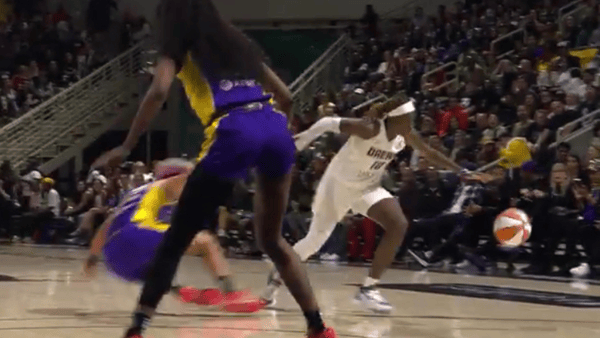
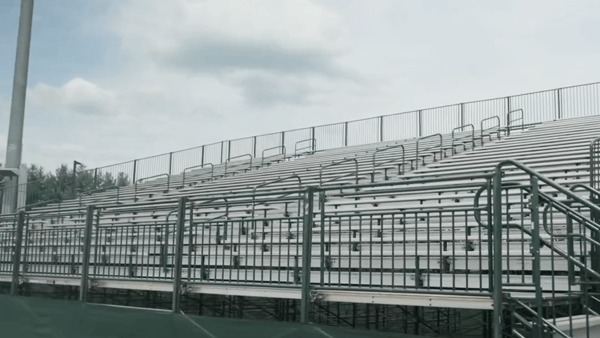
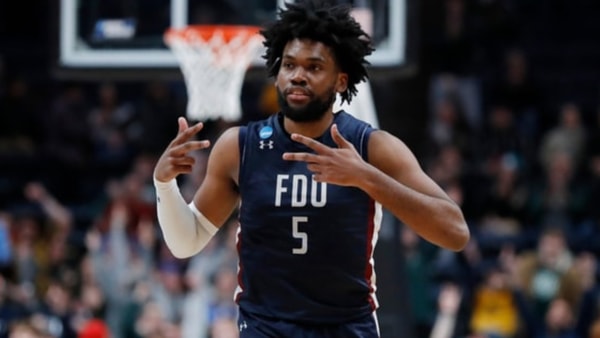

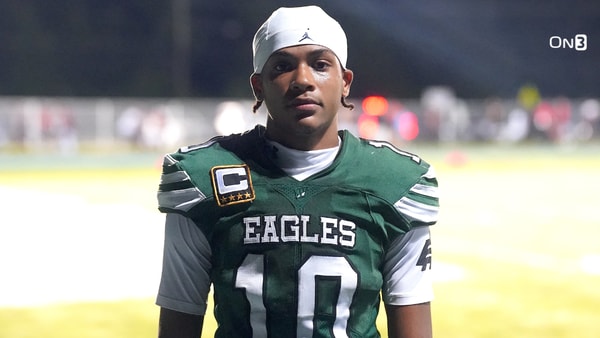
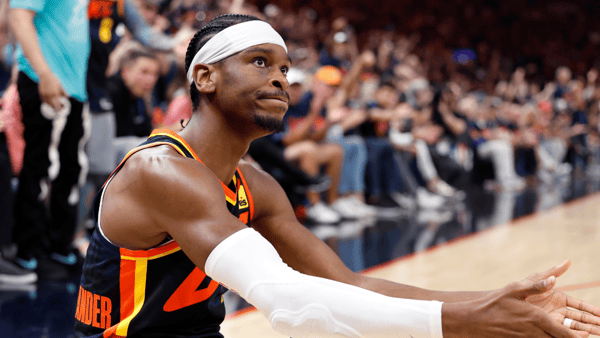
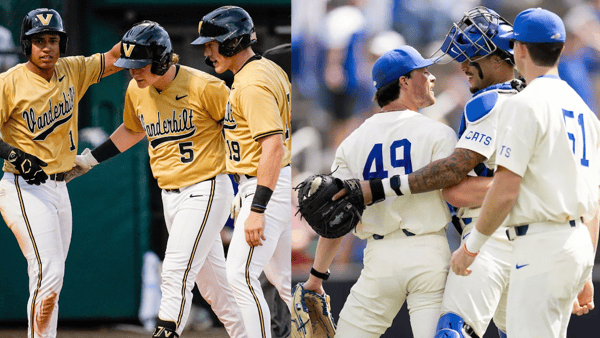
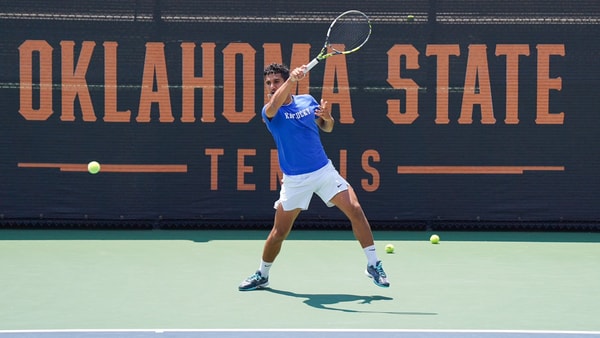
Discuss This Article
Comments have moved.
Join the conversation and talk about this article and all things Kentucky Sports in the new KSR Message Board.
KSBoard